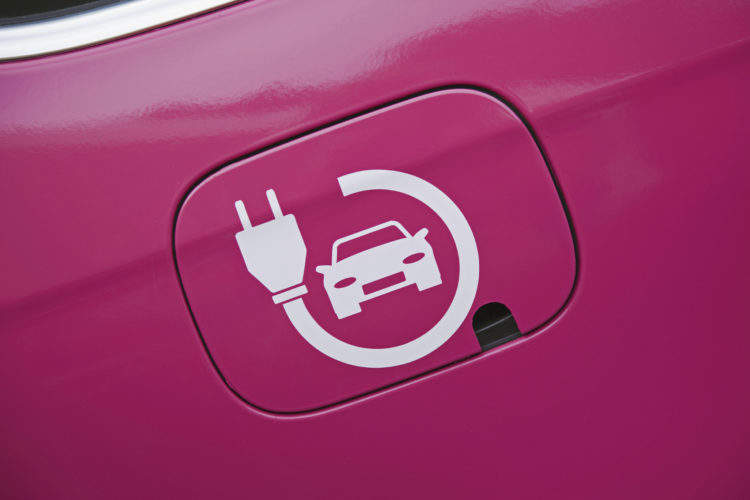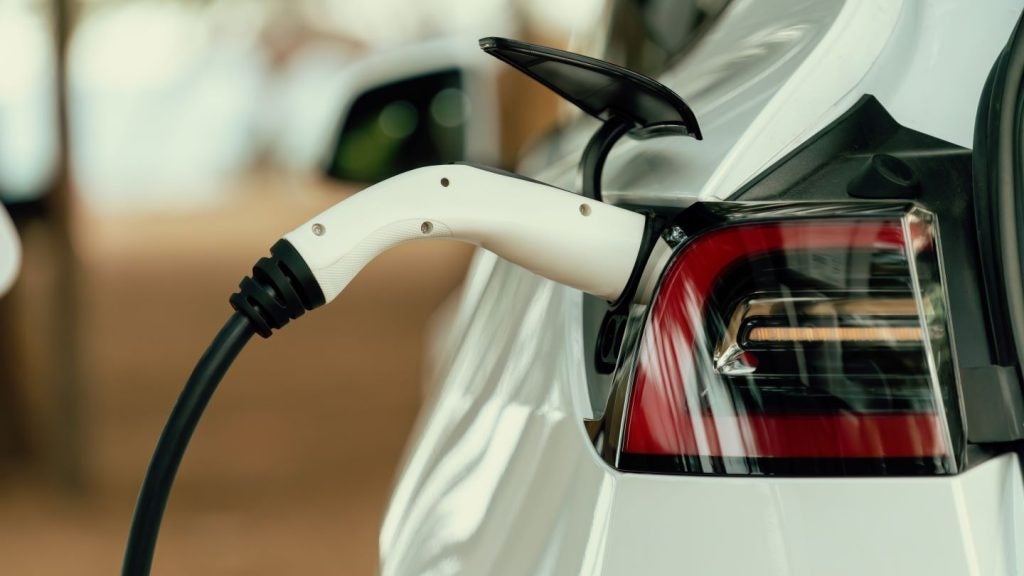
In the Queen’s Speech, the government unveiled plans to boost the UK’s electric vehicle infrastructure by requiring petrol stations and motorway services to have electric charge points.
The ‘Automated and Electric Vehicles Bill’ was first unveiled in February, and promised increasing availability for electric charging, following several months of public consultations.
In February, John Hayes, then Minister of State for Transport said: “I recognise that to encourage more drivers to go electric, the infrastructure needs to become even more widespread than the 11,000 charging points already in place and more straightforward.”
Measures to make the installation of electric charge points for vehicles at petrol stations and motorway services mandatory were not proposed in the government’s response to the consultation in February.
Sales of alternative fuel vehicles (AFVs) have continued to rise last month, increasing by 46.7% to account for 4.4% of the new car market, up from 2.8% the year before.
The bill also legislates for car insurance to be expanded to cover autonomous vehicles. According to reports, the UK government has committed over £200m to drive testing infrastructure and research for autonomous vehicles.
How well do you really know your competitors?
Access the most comprehensive Company Profiles on the market, powered by GlobalData. Save hours of research. Gain competitive edge.

Thank you!
Your download email will arrive shortly
Not ready to buy yet? Download a free sample
We are confident about the unique quality of our Company Profiles. However, we want you to make the most beneficial decision for your business, so we offer a free sample that you can download by submitting the below form
By GlobalDataEarlier this year, the House of Lords Science and Technology Committee called on the government to act to ensure the UK benefited from the rise of autonomous cars.
The Society of Motor Manufacturers and Traders (SMMT) found that almost half of 17-24 year olds would purchase an autonomous car if possible.
Matt Sutherland, chief operating officer at Alphabet, welcomed the announcements, but said the government needed to clarify its position on vehicle taxation for fleets.
He said: “While speculation ahead of the Queen’s Speech has centred around the length of time that Theresa May’s minority government can hold onto the reins of power, it’s clear from today that planning for the future with alternative mobility solutions – with electric and automated vehicles – is something that this government is looking at with a closer lens.
“The fleet industry is seeking clarity from the government about the taxation framework around company vehicles beyond April 2020, so that businesses can effectively plan their longer-term mobility strategies and further support the movement towards ULEVs which is still in its early stages.”
Sue Robinson, Director of the National Franchised Dealers Association (NFDA), said: “It is also encouraging to see that the Government has introduced a dedicated bill on automated and electric vehicles to help attract investments in infrastructures and support economic growth.
“However, it is vital that the Government itself also actively invests in the electric vehicle market, particularly on charging infrastructure, as this has the potential to become one of the key forces in the modernisation of the automotive industry.”







